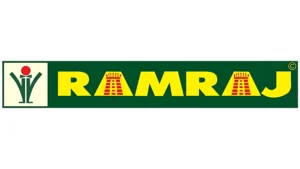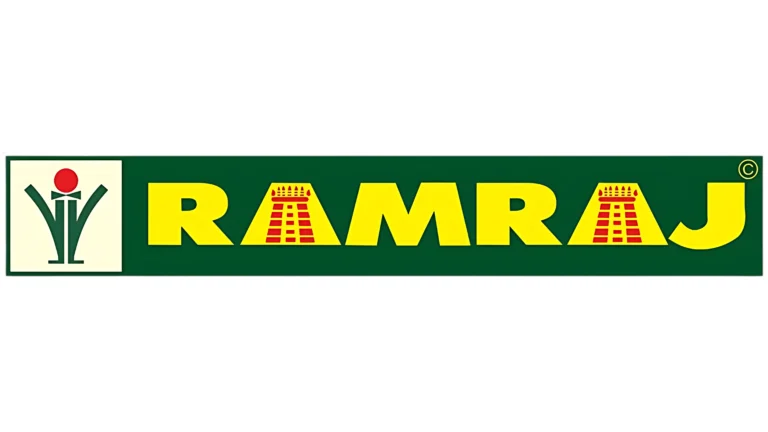In an era where fashion evolves rapidly, sustainability has emerged as a powerful force shaping the industry. Brands and consumers alike are increasingly prioritizing eco-conscious choices — and sustainable fabrics are at the heart of this transformation.
What Are Sustainable Fabrics?
Sustainable fabrics are materials produced with a focus on minimizing environmental impact. This includes reducing water usage, lowering carbon emissions, and avoiding harmful chemicals during production. Popular examples include organic cotton, hemp, bamboo, Tencel (made from wood pulp), and recycled materials like PET (plastic bottles turned into fibers).
Why Sustainable Fabrics Matter
The fashion industry has long been criticized for its environmental footprint — from water-intensive cotton farming to the synthetic fibers that contribute to microplastic pollution. Sustainable fabrics offer a solution by addressing these key issues:
- Reduced Water Consumption: Organic cotton, for instance, uses significantly less water than conventional cotton. Similarly, hemp grows with minimal water and no pesticides.
- Lower Carbon Emissions: Producing recycled polyester consumes far less energy than creating virgin polyester.
- Biodegradability: Natural fibers like bamboo, hemp, and Tencel break down more easily in the environment compared to synthetic fabrics.
- Healthier for People and the Planet: Avoiding harmful chemicals in the production process ensures safer working conditions and prevents toxic residues from reaching consumers’ skin.
How Modern Fashion Embraces Sustainable Fabrics
Top fashion houses and emerging brands are embracing eco-friendly textiles, creating styles that are both chic and sustainable. From high-end collections to everyday streetwear, designers are proving that sustainability doesn’t mean sacrificing aesthetics.
- Luxury brands are integrating organic silks, recycled materials, and plant-based leather into their collections.
- Athleisure and activewear companies are turning to moisture-wicking, breathable recycled fabrics.
- Streetwear labels are redefining cool with organic cotton hoodies, bamboo-based tees, and upcycled denim.
The Future of Fashion Is Green
Sustainable fabrics aren’t a passing trend — they’re the future. By choosing clothes made from eco-friendly materials, supporting brands committed to transparency, and embracing timeless, high-quality pieces, consumers play a vital role in driving this transformation forward. As technology advances, we’re seeing innovations like lab-grown leather, bio-fabricated textiles, and even algae-based materials taking center stage. Consumers are also becoming more informed and demanding transparency, pushing brands to rethink their supply chains.
For forward-thinking fashion labels like Owluxe, integrating sustainable fabrics into collections isn’t just a responsible move — it’s a statement of style and ethics. By blending eco-consciousness with modern design, we’re shaping a greener, more fashionable tomorrow.
Visit our shop – https://owluxe-lifestyle.com/









